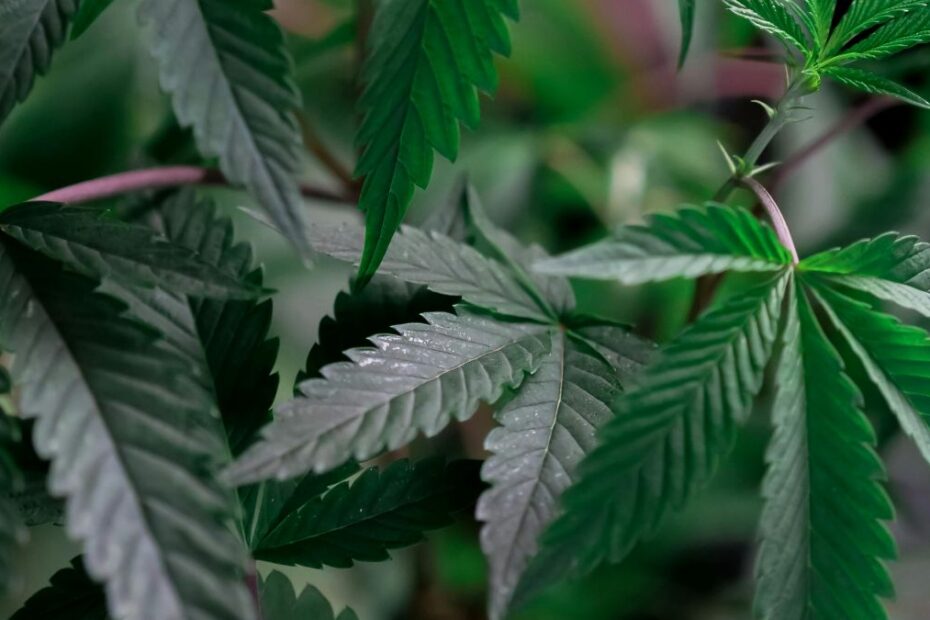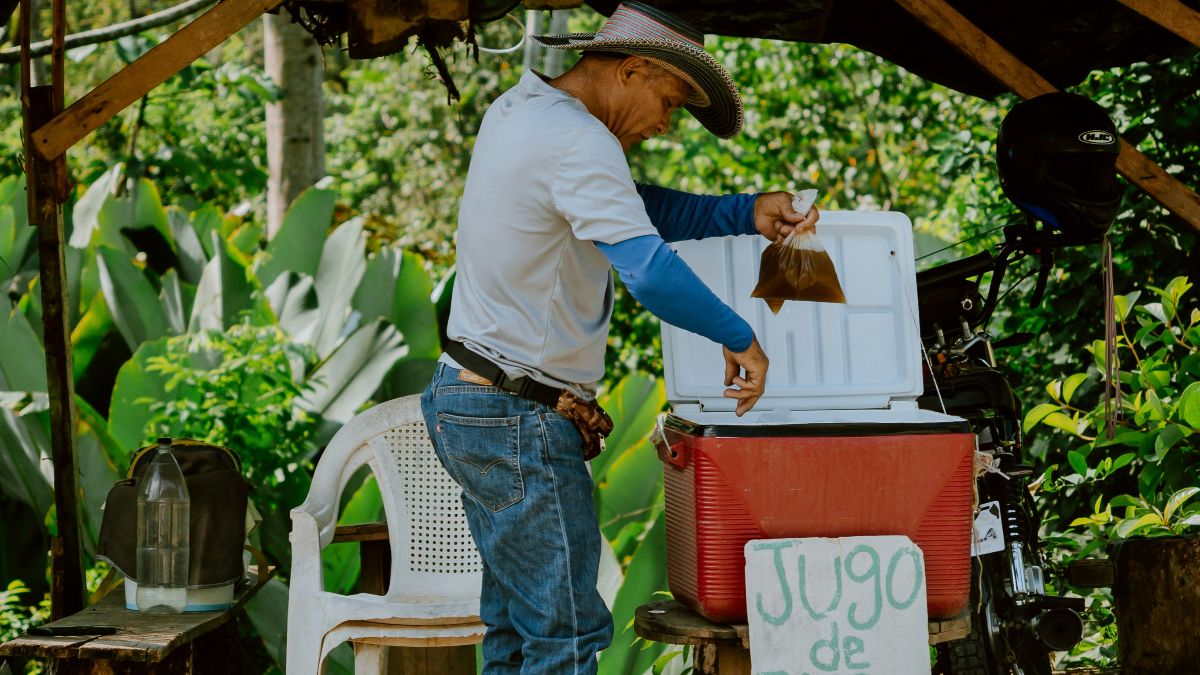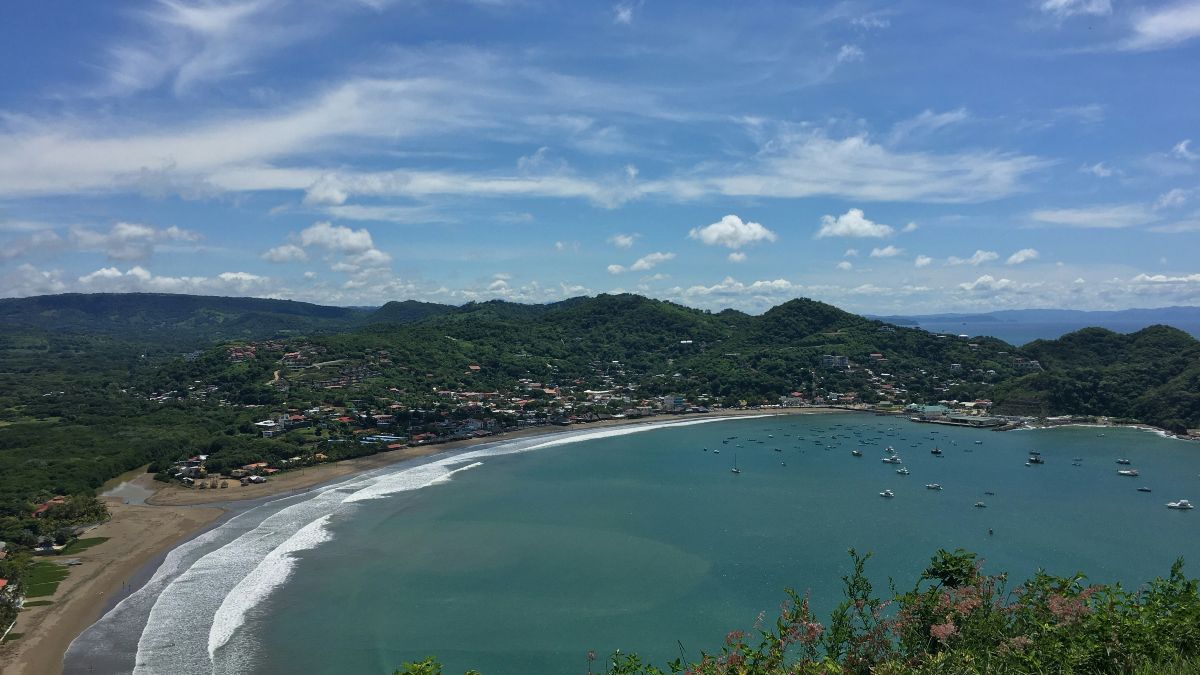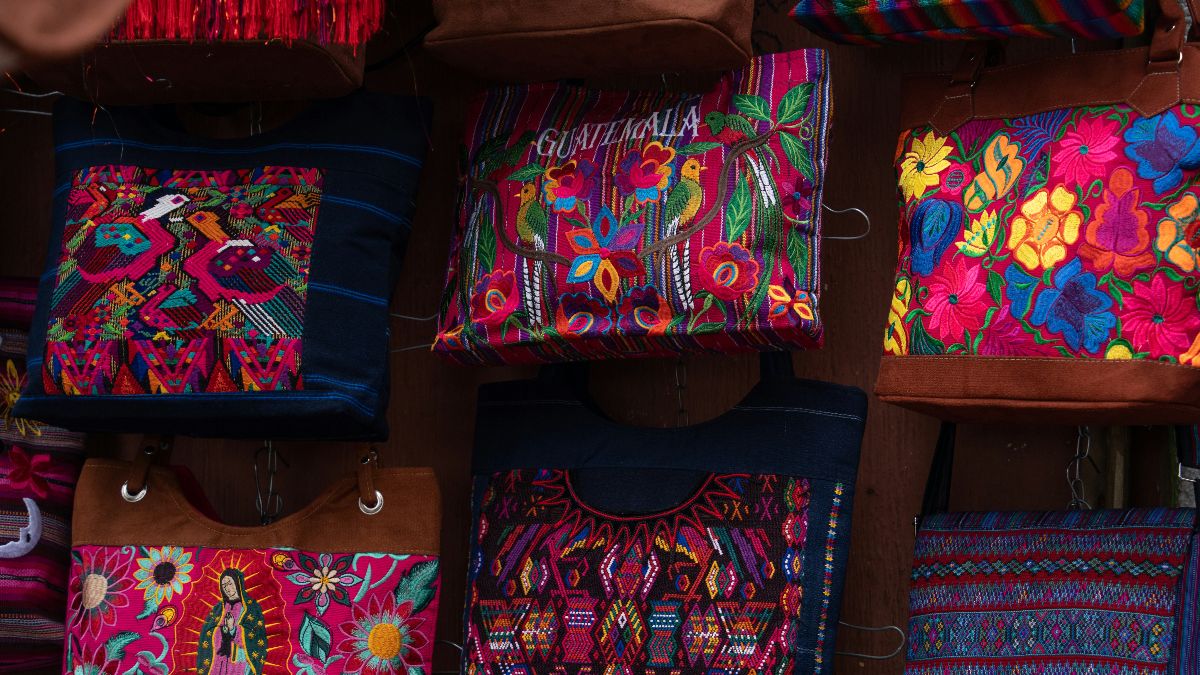Curious about the rules for growing cannabis at home in Central America? While some countries in the region have made progress on medical marijuana or decriminalized possession, home cultivation remains legally restricted. Here’s a country-by-country guide.
If you’re thinking about home growing cannabis at home in Central America, it’s essential to understand the laws. Cannabis laws across the region vary, and while some countries have begun to soften restrictions, home cultivation remains illegal for the most part. This means that even if you live in or visit a country where possession of small amounts is decriminalized or where medical cannabis is legal, growing marijuana in your own home could still expose you to serious legal risks.
Some countries have taken limited steps toward reform. Costa Rica has legalized medical cannabis and introduced legislation aimed at regulating recreational use and home cultivation, although these proposals have yet to pass. It’s no Belize has decriminalized possession of small amounts for personal use on private property, but growing marijuana remains a criminal offense. Elsewhere in the region, including Panama, Guatemala, El Salvador, Honduras, and Nicaragua, cultivation is still fully prohibited under national law, and enforcement tends to be strict.
This article takes a country-by-country look at the current legal status of home cannabis cultivation in Central America. It explains where cultivation is illegal, where it is regulated, and where legal reforms are in progress. This information is vital for residents, expats, travelers, or anyone interested in the region’s cannabis laws.
Costa Rica
Costa Rica leads the region in cannabis policy reform but remains cautious about home growing. Medical marijuana and CBD products are legal, with licensed companies permitted to cultivate for medical and industrial purposes. However, growing cannabis at home without a license is still illegal.
There have been efforts to expand cannabis access further. In early 2024, the political party Frente Amplio introduced a bill that would have allowed adults to grow up to 20 female cannabis plants at home for personal use. The bill did went nowhere and has since stalled. Separately, President Rodrigo Chaves has publicly supported legalizing and regulating recreational cannabis, including home cultivation. His administration submitted its own bill to the Legislative Assembly, arguing that a regulated system would reduce illegal trafficking, generate tax revenue, and support public health funding.
Despite this political momentum, legalization has faced opposition in the legislature. In late 2024, Costa Rica’s Constitutional Chamber blocked a proposed national referendum on recreational cannabis, citing conflicts with international treaties. As of mid-2025, no law permitting home growing has passed, and cultivation remains illegal without a license.
That said, enforcement tends to be light when it comes to small, clearly personal grows. Possession of small amounts (typically under eight grams) is tolerated in practice, and reports suggest home growers in Costa Rica are rarely prosecuted unless they are growing in large quantities or with intent to distribute. Still, there is no formal legal protection for personal cultivation, and anyone growing cannabis at home does so at their own risk. Potential imprisonment, fines, confiscation, and criminal charges are all on the table if authorities choose to enforce the laws strictly. Until legislation changes, home growers must weigh these risks carefully.
Belize
Belize has decriminalized possession of up to ten grams of cannabis for adults on private property since 2017. Cultivation remains illegal without proper authorization, and there is no allowance for personal home growing under current law.
In 2022, Belize passed the Cannabis and Industrial Hemp Control and Licensing Bill, which created a legal framework for recreational cannabis use and established a licensing system for cultivation and other activities. However, as it stands right now, the law has not been fully implemented. There is no regulated commercial market in operation, and home cultivation remains off-limits. Anyone caught growing cannabis faces criminal charges, even if the plants are clearly for personal use. This means that while possession may be treated lightly within set limits, cultivating cannabis remains a serious offense.
Panama
Panama is the third country in the region where marijuana isn’t an automatic no go, although it’s close here. Panama has legalized medical cannabis but strictly limits cultivation to licensed producers supplying the medical market. Personal or recreational growing of cannabis plants is prohibited under national law.
Possession of cannabis over one gram can lead to arrest, and unlicensed cultivation is treated as a criminal offense. There is no legal allowance or pending legislation for home cultivation in Panama. Licensed cultivation facilities operate under heavy regulation, but home growing remains outside the law. Panama maintains a firm stance on unauthorized cannabis cultivation, and enforcement is consistent.
Guatemala
Guatemala prohibits cannabis use and cultivation entirely. The law makes no distinction between personal and commercial cultivation, and no legal exceptions exist for medical purposes. Growing cannabis plants in any quantity is illegal and subject to strict criminal penalties. The government enforces these laws rigorously, and anyone found cultivating marijuana can expect severe consequences, including long prison sentences.
There is no current legislative movement toward reform or legalization in Guatemala.
El Salvador
El Salvador maintains a strict prohibition on cannabis in all forms. The law does not provide exceptions for personal or medical use, and cultivation is banned entirely. The country enforces its drug laws with zero tolerance. Growing cannabis plants, even for personal use, is illegal and punishable by harsh penalties. There is no indication of any legal reform related to cannabis cultivation.
Honduras
Cannabis remains fully illegal in Honduras. There are no provisions for medical use, and cultivation is banned completely. The government applies strong penalties for anyone involved in growing cannabis, including personal cultivation. Enforcement is strict, and the law is clear. No legislative initiatives regarding legalization or decriminalization of cannabis use or cultivation are currently underway.
Nicaragua
Nicaragua enforces a full ban on cannabis use and cultivation. Growing cannabis plants at home or commercially is illegal. The country does not distinguish between personal or commercial cultivation, and any involvement with cannabis plants carries severe legal penalties. No reform or legalization efforts have been reported.
The Bottom Line
Currently, no country in Central America legally permits growing cannabis plants at home for personal use. Costa Rica and Panama are the only countries with legal medical cannabis cultivation, but both restrict growing to licensed producers. Reform-wise, Costa Rica has shown the most political interest in allowing home cultivation, but no law has passed. Belize permits limited possession in private homes and has a framework for legal cannabis in place, but implementation is incomplete and cultivation remains off-limits. The rest of the region continues to prohibit cannabis in all forms, including home growing.
All this said, though, in the real world, many people all over Central America continue to cultivate small amounts for personal use behind closed doors, often for medical reasons. Products like desktop vaporizers and Arizer XQ2 accessories are sometimes used by those aiming to reduce odor. But again, anyone considering cultivation or consumption in the reason should stay informed about local laws and understand the potential consequences.



